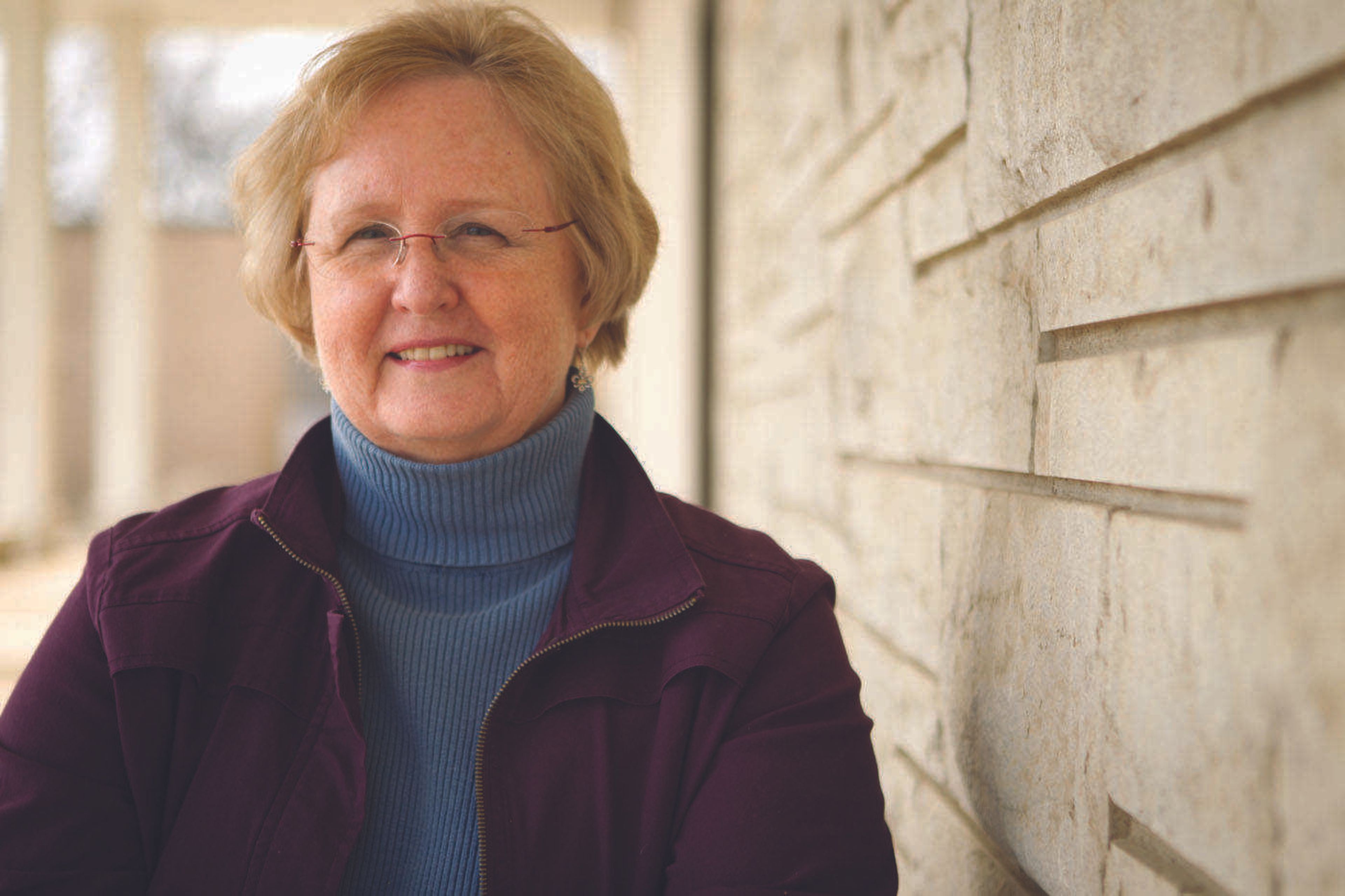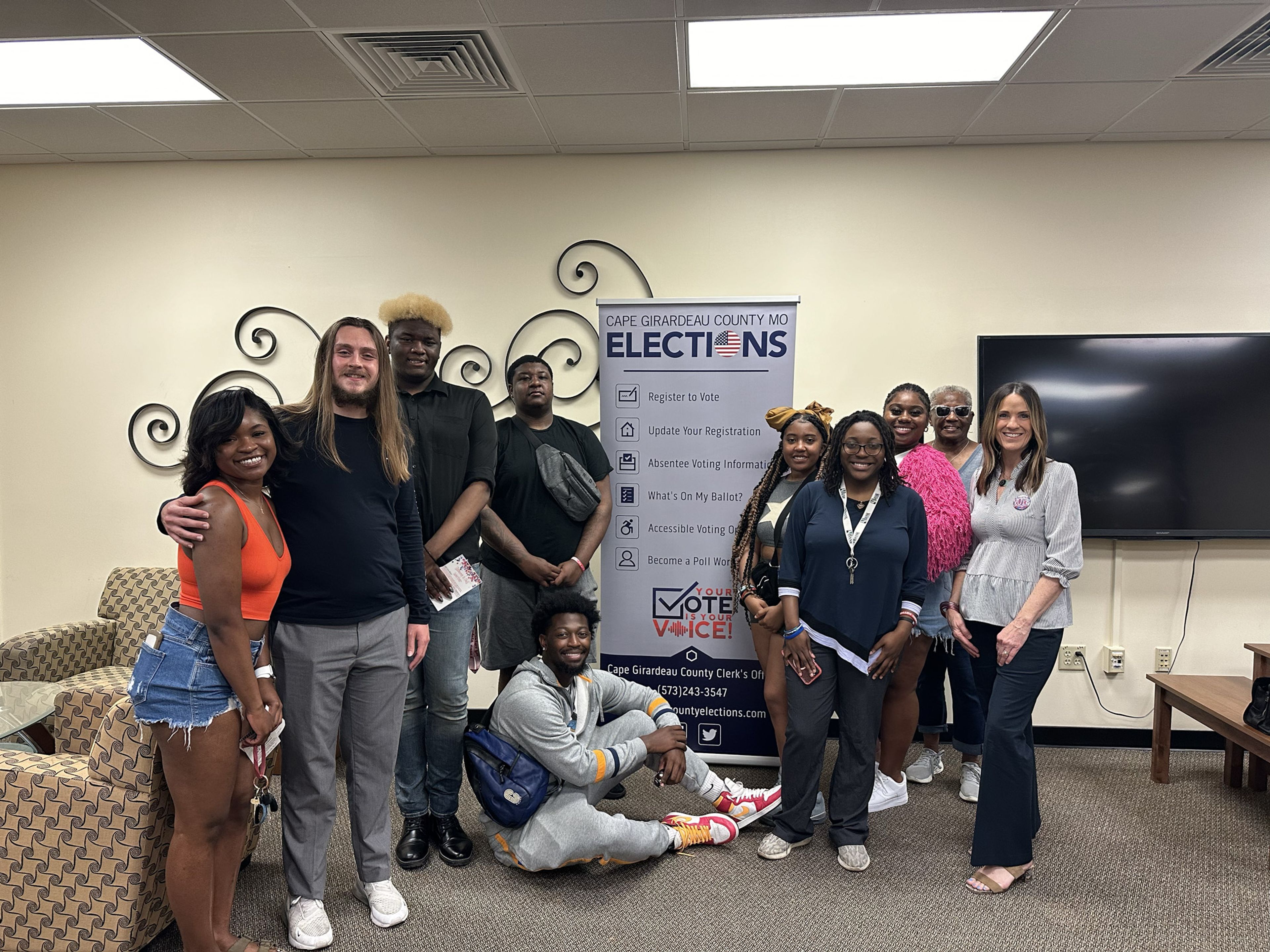Anyone can pay hundreds of dollars to hire a professional dietitian to guide them into the realm of healthy eating and motivational zen, but it sounds silly to drain your bank account when every spring semester trained nutrition students are giving out their knowledge of a healthy lifestyle for free.
Professor of Nutrition and Dietetics, director of the post-graduate dietetic internship and registered dietitian Dr. Ann Marietta currently oversees 28 senior-level dietetics students enrolled in FN 525, Nutrition Counseling.
As part of a practicum program, each of these students will receive a client for counseling. All dietetics majors have to complete this program plus a nine-month dietetic internship in order to graduate.
Marietta has been teaching at Southeast Missouri State University for 16 years and explained that the free counseling program has been around for about 14 years.
"I'm teaching nutrition counseling, and that's a class," Marietta said. "So they're learning all kinds of techniques for working with people in a counseling setting related to their diet. So after we've been about six weeks in class they're ready to go out and work with the clients."
The counseling program includes four sessions. It is the student's responsibility to talk to their client and come up with reasonable meeting times and a proposed plan that works best with the goals and needs of the client.
While the deadline to receive the counseling has already passed, according to Marietta there are no restrictions when being selected as a client.
"We have different ages of clients," Marietta said. "So sometimes it will be a parent who's having a problem with a child and we'll work with that. We have some clients who are working at Chartwells and are in a weight-loss program there, and so we're helping with that. We have old people, handicapped people, just whatever."
According to Marietta, after a student receives his or her client the student can go in any direction that they choose with their client but what is most important is how they report back to her.
"Sometimes they go to the grocery store and the person might have a list of groceries and then the student would say, 'Well you want blue cheese dressing, let's see what we can substitute instead that's a little healthier. So they help them to know how to purchase things," Marietta said.
In the past students have also prepared various recipes and entire cookbooks for clients as well as gone to a restaurant with them and help them order off the menu.
"So somebody might want to learn about vegetarianism, so then that would be the road that they [the student] would go down," Marietta said. "They might want to learn how to cut salt out of their diet because they have hypertension. A lot of people want to lose weight. A lot of people are in the process of losing weight and kind of just need motivation so they have someone to be accountable."
Marietta believes the counseling program helps students to prepare for what to expect in their field as well as to gain experience before being thrown into the workforce.
"I work on -- like today we were working on reflective listening, so that's a technique that I teach them to try to help the person that they're talking and figure out what they need to do," Marietta said. "It doesn't work if we say, 'You do that' and 'You do this,' but if the person comes up with, 'I think this would work' it's better. So I teach them how to work with people."
Senior dietetics major Katie Diebold said that through this counseling program she hopes to gain a better understanding of how patients make and maintain certain dietary changes.
"I've known for a while now how to assess individuals, such as their energy requirements, but there is more to nutrition counseling than just that," Diebold said. "I want to learn how to properly relay this information to them in a way that my clients can trust me. There are a lot of factors that can affect how well a counseling session can go, such as body language and tone of voice. This class will teach me how to be aware of these factors and be an effective listener and communicator."
Diebold hopes to some day be a registered dietitian and specifically work with children and teens. She also aspires to obtain her master's degree and possibly teach one day as well.





